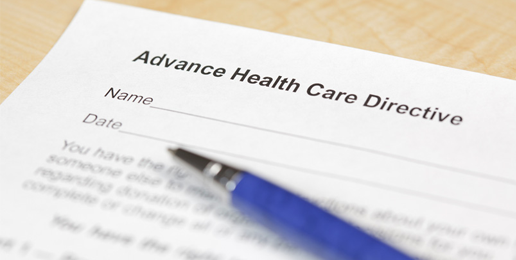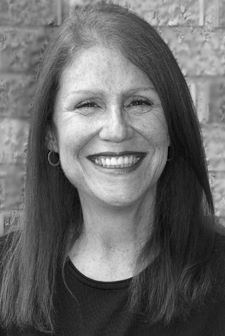
An April 13, 2018 USA Today op-ed titled “Make an End-of-life plan or Lose your Money and Choices in your Dying Days” by Hattie Bryant begins with the statement “End-of-life care can bankrupt your family and rob you of choices. End the denial about dying. Make a plan in case you end up seriously ill and frail.” (Emphasis added)
Ms. Bryant is very upfront about using the economic argument about aging and the enormous toll it can take financially and personally on the family as well as medical costs. She states that “in 2011, Medicare spent $554 billion and 28%, or about $170 billion, on patients’ last six months of life. After $170 billion is spent, those patients are still dead.”
Her solution is a new kind of economic advance directive she developed (and is selling as a book titled “I’ll Have It My Way: Taking Control of End-of-Life Decisions“ ) “that deals with how you want your funds spent when you are seriously ill or frail.” (All emphasis added)
SHOULD WE HAVE A “DUTY TO DIE”?
Back in 1984, Governor Richard Lamm of Colorado found himself in the middle of a firestorm of outrage when, as the New York Times reported, “Governor Lamm Asserts Elderly, If Very Ill, Have a ‘Duty to Die”.
Here is an excerpt from the article:
“Elderly people who are terminally ill have a ”duty to die and get out of the way” instead of trying to prolong their lives by artificial means, Gov. Richard D. Lamm of Colorado said Tuesday.
People who die without having life artificially extended are similar to ”leaves falling off a tree and forming humus for the other plants to grow up,” the Governor told a meeting of the Colorado Health Lawyers Association at St. Joseph’s Hospital.
”You’ve got a duty to die and get out of the way,” said the 48-year-old Governor. ”Let the other society, our kids, build a reasonable life.”
This philosophy was echoed in 2014 by one of the architects of Obamacare, Dr. Ezekiel J. Emanuel, when he wrote “Why I Hope to Die at 75-An argument that society and families—and you—will be better off if nature takes its course swiftly and promptly” for The Atlantic Magazine.
At age 57 at the time, Dr. Emanuel states that while death is a loss, there “is a simple truth that many of us seem to resist: living too long is also a loss” that “renders many of us, if not disabled, then faltering and declining, a state that may not be worse than death but is nonetheless deprived. It robs us of our creativity and ability to contribute to work, society, the world. It transforms how people experience us, relate to us, and, most important, remember us. We are no longer remembered as vibrant and engaged but as feeble, ineffectual, even pathetic.” (Emphasis added)
He states that he will stop trying to prolong his own life by age 75.
CONCLUSION
Helping to care for many terminally ill or seriously disabled relatives, friends and patients of all ages for many decades both professionally and personally, I have a different perspective.
We are all born dependent on others for care and many of us need at least some help from others at the end of our lives. This can be hard at times-as even parents of newborns will attest-but the rewards are great both for the helper and the person being helped.
I remember when my mother with Alzheimer’s and terminal thyroid cancer was dying in 1988. It wasn’t the most convenient time for us, to say the least. I was a suddenly single parent with three young children and financially struggling. My mother no longer recognized me but, as I told a friend, the most important issue was that I recognized her. As a family, we did what was medically reasonable for my mother to help her without either prolonging or hastening her dying.
Taking care of my mother was a wonderful, if occasionally difficult, experience and I am grateful that we were able to keep her at home almost to the very end.
The final result was that my mother was kept safe, comfortable and loved. Her funeral was truly a celebration of her life and my children learned an important lesson about the circle of life and taking care of each other. We still talk fondly about their time helping with grandma, even after 30 years.
When I made out my own advance directive, I made sure that it was as protective as possible against a hastened death. I don’t fear death. I do fear the bioethicists and others who use economics and fear to push especially older people into prematurely signing away their rights to even basic care and what this does to our society.
This article was originally published at NancyValko.com




















